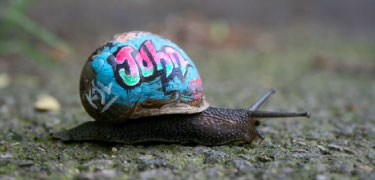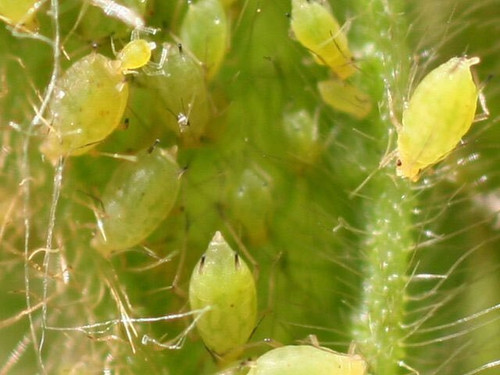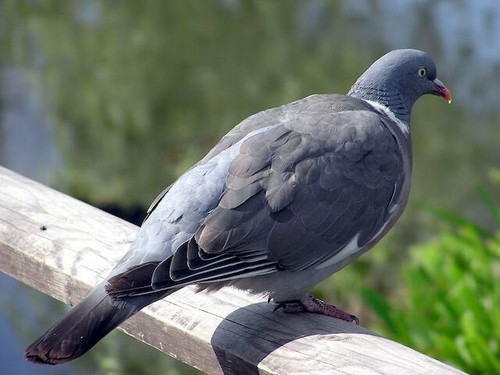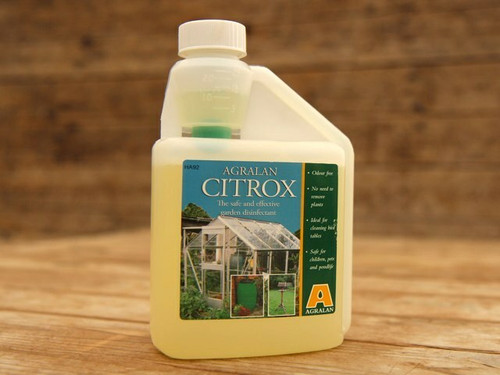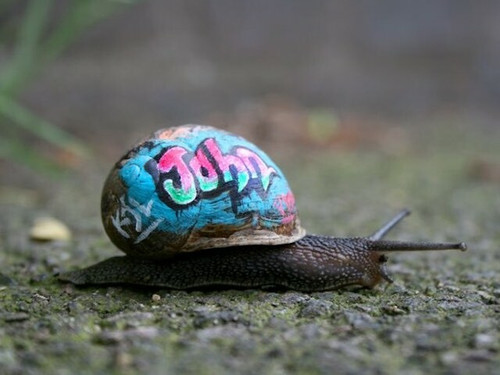About Garden Pest Control
Garden Pest Control
Garden pest control is the practice of managing pests that damage or otherwise inhibit the growth of fruit, vegetables, and other plants in the garden. This is important to produce higher quality and higher yielding crops. The best gardens are teeming with life, and maintaining the right balance of beneficial pests and wildlife while reducing or eliminating the populations of damage causing insects and pests is what good pest control is all about. There are a few methods to consider and usually a good mix is the key to success.
There are several different methods for controlling pests in the garden:
Pesticides (for attracting and/or destroying pests),Biological (using living organisms to control pests),Barriers (Creating a barrier between plants and potential pests),Psychology (deterring pests using psychological means).
Non-Toxic Garden Pest Control Methods
We prefer the non toxic approach when it comes to garden pest control and stock only safe, non-toxic products that actually work. A lot of leading garden pest control products can have adverse affects on various components of the garden's eco-system, they can poison and kill pets and other forms of wildlife such as frogs, birds and hedgehogs. Maintaining the correct wildlife population is beneficial in any garden, alot of these animals feed on slugs and other pests for you. Not only can they be harmed by toxic pest control products, they can also become poisoned from eating a slug or snail that has been exposed to them. All of the products we stock are completely harmless to people, pets, and other forms of wildlife.
Pesticides
Pesticide Based measures are used to attract and/or destroy garden pests. There are three main methods in common practice; Herbicides are used to kill unwanted plants and weeds, Insecticides are used to kill insects, and Fungicides are used to kill fungi, some of which can cause serious damage to agriculture. Traps are one of the oldest forms of animal and pest control and are also the most grisly, we don't use or supply traps for wildlife or rodents as we prefer deterring them. We do have a selection of traps for slugs and snails, certain moths, wasps, and fruit tree destroying beetles. Some traps don't have to kill the pest in question, only hold them until you can remove them to an area far removed from your crops.
Garden Pest Control Covers & Barriers
A good crop cover offers the ultimate plant protection from insects, animals, and weather. There are a range of materials available including; poly covers for pest and weather protection, micro mesh garden netting for insect protection, bird netting for bird and butterfly control, and fleece covers for cold and pest protection. Other barriers include electronic pest deterrents, mini polytunnels, cloches, cabbage collars that protect cabbages and other brassicas from the root fly, and copper slug and snail barriers. Garlic barrier products are a natural pest control solution, they not only repel aphids, slugs and snails but also act as a tonic for the plant.
Electronic Pest Control
Electronic pest control are barrier devices that deter pests such as; cats, dogs, foxes, martens and rabbits from your lawn or garden. They are generally multi-frequency deterrents that are completely harmless to all species and are inaudible to the human ear. They are a quick and easy way to protect your lawn or garden from unwanted pests and can be used to protect fish ponds, birds, flower beds, pets and livestock also. The devices we stock include: Foxwatch, Catwatch, Pest free, Cat free, and Pest controller. They all have large detection ranges, protect a wide area and are designed to work all year round in all weather conditions. These work like miniature motion sensors, only emitting an ultrasonic alarm when triggered. They can be placed at ground level or on the base of a fence, wall, or tree and should be moved around the garden randomly so pests don't get used to the alarm.
Biological Pest Control
Biological pest control is the controlling of pests using other living organisms. A garden pest can be controlled using their natural enemies or predators. Just like cats can be used to control a rodent problem, and ladybirds can be used very effectively to control aphids, many other insects, animals, and birds can be used to combat pests. Frogs can be used to destroy flying pests, and ducks go mad for slugs and snails. Nematodes are especially beneficial in the fruit and vegetable garden as they can control all manner of pests. Nematodes are microscopic organisms found in healthy soil, they aggressively attack a wide range of only insect pests and are harmless to wildlife, earthworms, bees, bumblebees, pets and children.
Psychological Pest Control
These methods of pest control include anything that deters pests, animals or birds using psychological methods. The most common example of this is the good old fashioned scarecrow, there are a wide variety of more modern bird scarers available on this site. Animal and pest psychology is a humane method and a solid deterrent.
Companion Plants
Use nature's own pest control and eliminate the need for pesticides or herbicides. Companion planting is a really fascinating organic pest control measure, it is all about growing plants together that benefit and help each other grow. Various plants have natural pest repelling properties and some can also help with pollination. A lot of plants have natural pest deterring properties for specific pests, for example; grow marigolds to deter aphids, sage to repel slugs, nasturtiums are a magnet for aphids and caterpillars and will draw them away from cabbages and other vegetables. There are many more plants with similar properties.
When to Use Pest Control in Your Garden
Prevention is better than cure: creating a natural barrier or employing some pro-active growing methods can sometimes be enough to stop a problem developing.
Some key times that you may want to consider some form of pest control include:
- When young seedlings are planted or transplanted outdoors, they can be vulnerable to slugs or snails - especially in spring or when ground conditions are moist.
- Bird netting can protect fruit crops or bushes when they are ripening.
- Pest control methods can be used when you see signs of an infestation, e.g. on the underside of leaves.
- If you catch signs of plant damage early enough (such as discoloured spots, holes in leaves or wilting), some speedy intervention can save your crop(s).
- If you have had previous difficulties with a particular crop, you can apply some proactive pest control methods specifically for that crop.
- Employ pest control methods at strategic times, based on when the target insect (or other ‘pest’) is most active. For example, some nematodes (Or biological controls) will have recommended application times.




